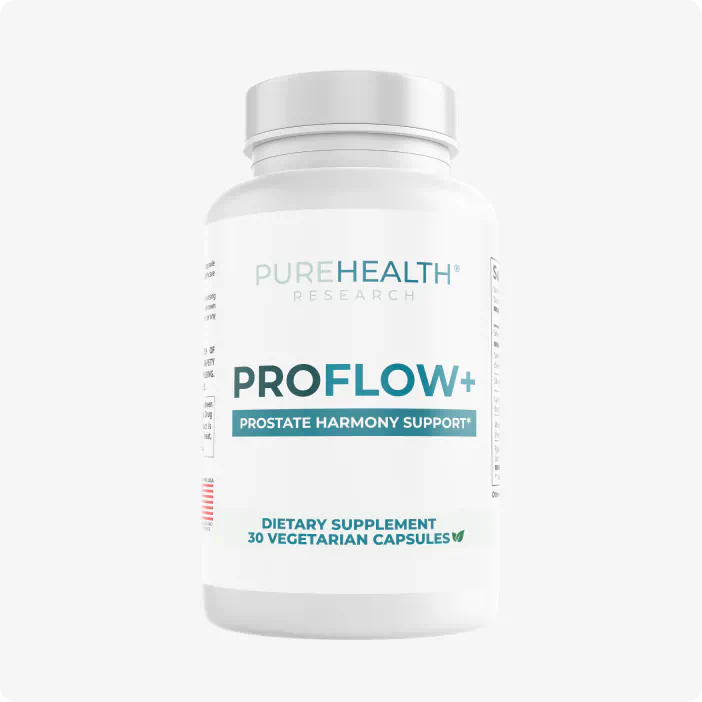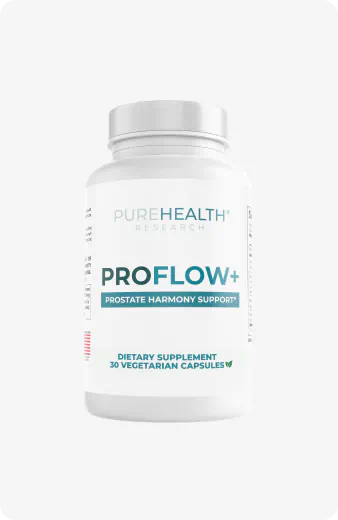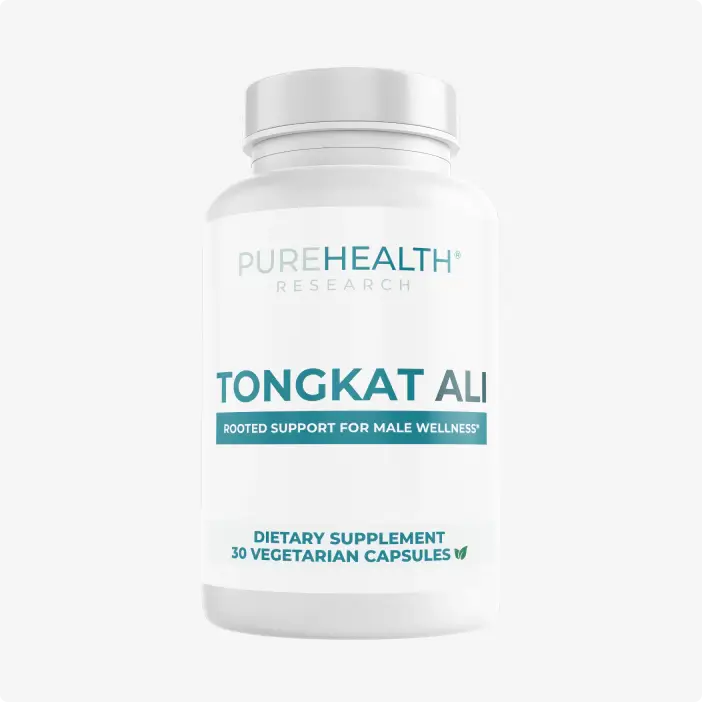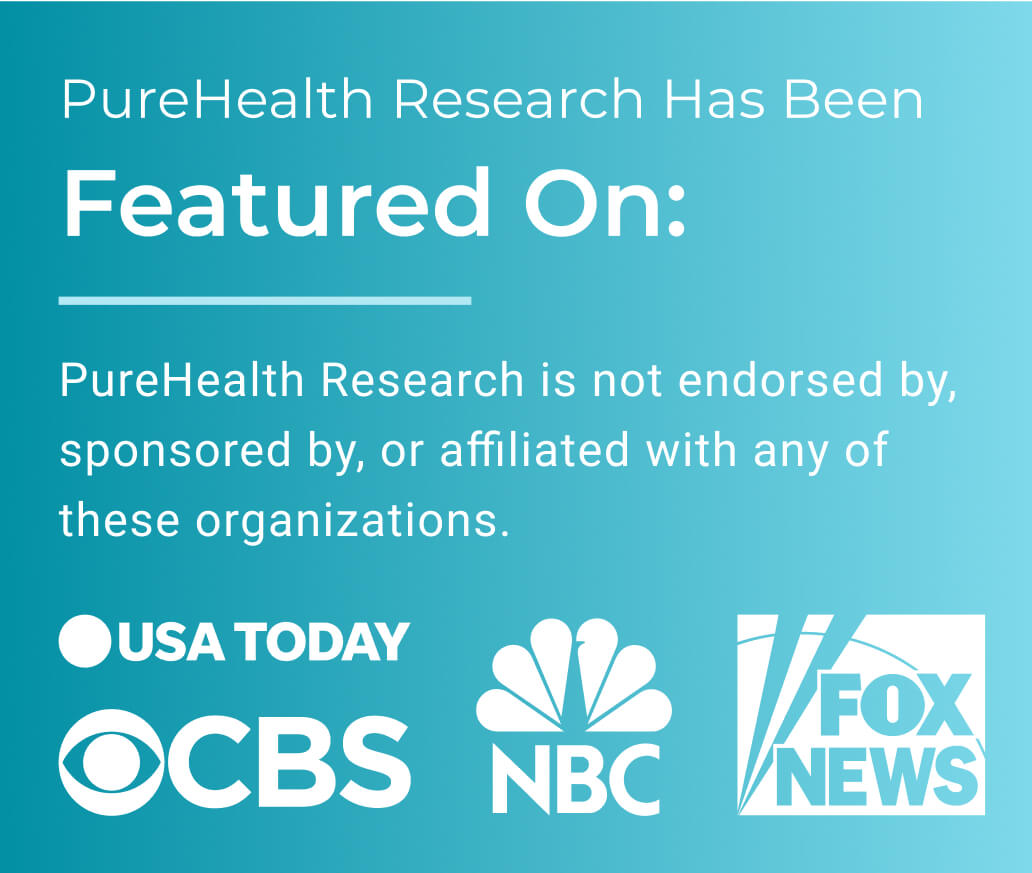




Select Product Category
Product Categories
- Acid Reflux
- Blood Sugar Control
- Bone & Joint Health
- Brain & Mental Health
- Circulation
- Cleanse & Detox
- Energy Management
- Gut Health & Digestion
- Hearing Loss
- Immune System
- Kidney Health
- Liver Health
- Longevity
- Lymph System
- Men's Health
- Menopause
- Muscle Growth
- Nervous System
- Optimal Health
- Parasite Cleanse
- Prebiotics & Probiotics
- Prostate Health
- Skin & Beauty
- Sleep & Relaxation
- Stress Support
- Teeth & Gum Health
- Thyroid Health
- Toenail Fungus
- Vein Health
- Vision
- Weight Management
- Women's Health
WHY SHOULD I TRY SUPPLEMENTS FOR PROSTATE HEALTH?
Incorporating prostate health supplements into your routine serves as a proactive measure to enhance your body's essential functions. Regular use can lead to noticeable improvements in urinary flow and comfort*, reducing the frequent urge to urinate* that can disrupt daily life. Moreover, top prostate supplements are formulated to support the health of the prostate gland, which can help maintain its normal size and function*.
Benefits include supported urinary tract health*, which contributes to better sleep through fewer nighttime disturbances*. Additionally, with sustained use, it may also strengthen sexual health* and performance, reflecting the well-being of the prostate.
Embracing these best supplements for prostate health can significantly contribute to your life quality.

DISCOVER THE BEST SUPPLEMENT FOR PROSTATE HEALTH
The most effective prostate supplements combine potent, natural ingredients that work synergistically to promote prostate wellness.
Many prostate supplement formulas contain ingredients that help regulate hormone levels and reduce pro-inflammatory overactivity in the prostate gland. When choosing a supplement, look for one that combines these powerful ingredients in the right amounts.
A well-designed prostate supplement can provide targeted support. It may help maintain healthy prostate function and ease urinary symptoms.
The best supplements for prostate health can offer a range of benefits for your overall prostate well-being. They may also help you maintain comfort and support your quality of life as you age.

Why Choose PureHealth Research?
At PureHealth Research, we ensure a scientifically-backed approach to wellness by offering products that are gluten-free, dairy-free, soy-free, and GMO-free. We commit to using natural ingredients and conducting rigorous testing, so you can trust in the purity and efficacy of our health solutions.






Faq
Frequently Asked Questions
What Are The Best PureHealth Research Supplements for Prostate?
The top prostate supplements from PureHealth Research include ProFlow+ for prostate support and UT FIX to promote urinary tract health, with ingredients like saw palmetto, lycopene, and D-mannose.
Are These Prostate Supplements Safe for Long-term Use?
Yes, prostate health supplements are designed with ingredients that are generally considered safe for long-term use. They are formulated with natural ingredients and backed by scientific research to ensure both efficacy and safety. However, consulting with a healthcare professional before starting any new supplement is always recommended.
How Do Supplements for Prostate Work?
Supplements for prostate health work by incorporating natural ingredients like saw palmetto. These compounds may support prostate function, help maintain its size, and promote urinary health by alleviating symptoms like frequent urination and reducing nighttime disruptions.
Are There Natural PureHealth Research Supplements for Prostate Available?
Yes, PureHealth Research offers natural supplements for prostate health, including ProFlow+ and UT FIX. These supplements feature naturally sourced ingredients like saw palmetto and D-mannose, designed to support prostate function and promote urinary health effectively.
What are The Best Prostate Supplements for Men?
The best prostate supplements for men include ProFlow+. Formulated with potent ingredients like saw palmetto, the prostate health supplement is tailored to support prostate health, promote urinary function, and help maintain overall wellness, making it a top choice for men seeking effective prostate support.

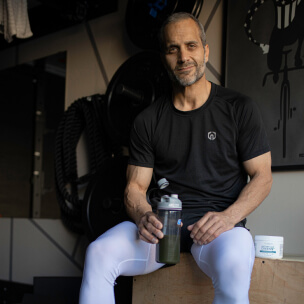

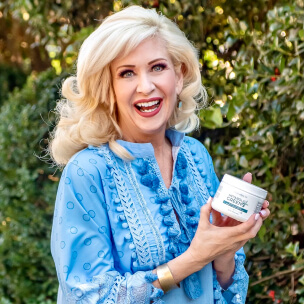
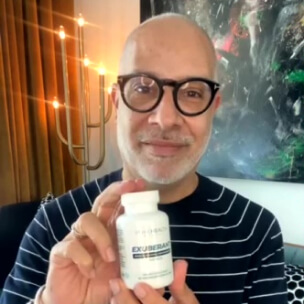
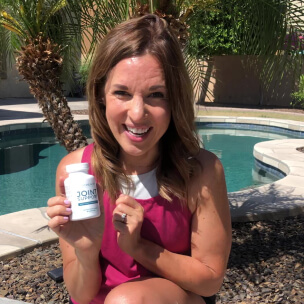
Customer Reviews
This site offers health, wellness, fitness, and nutritional information and is designed for educational purposes only. You should not rely on this information as a substitute for, nor does it replace, professional medical advice, diagnosis, or treatment. If you have any concerns or questions about your health, you should always consult with a physician or other healthcare professional. Do not disregard, avoid, or delay obtaining medical or health-related advice from your healthcare professional because of something you may have read on this site. The use of any information provided on this site is solely at your own risk.


